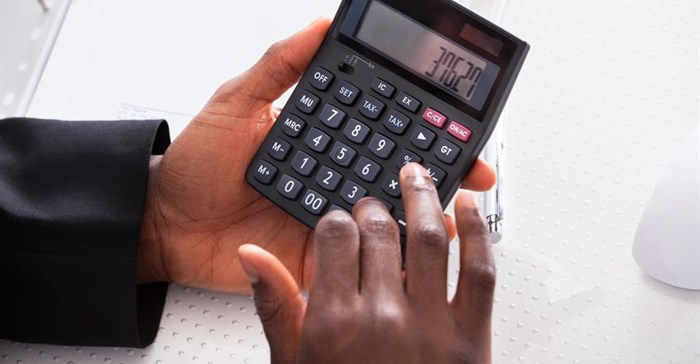
Top stories


Marketing & MediaWarner Bros. was “nice to have” but not at any price, says Netflix
Karabo Ledwaba 1 day



Logistics & TransportMaersk reroutes sailings around Africa amid Red Sea constraints
Louise Rasmussen 19 hours

More news


















If one goes through a step by step checklist of what will need to be paid at certain points of the transfer process, the chance of 'losing control' of the finances will be minimised, says Anne Porter, head of Knight Frank Residential SA.
The first payment likely to be called for is the deposit, which will have to be paid within a specified time frame once the purchase agreement is signed. Buyers must be aware that this is usually asked for within seven days of signing and shows a willingness and commitment from the buyer's side, says Porter.
Conveyancing fees will be calculated in proportion to the purchase price of the property, which will be payable to the conveyancing attorneys. In addition to this is the transfer duty, which is payable to SARS. The transfer duty is usually included in the statement of account from the attorneys, who then pays the necessary amounts over to SARS. The transfer duty payable on a property is reviewed annually and is calculated on a sliding scale, except for properties worth R750,000 or less, which are exempt.
Some buyers might think that the transfer duty is only payable on transfer of the property into their name, but this is not so. It is payable shortly after signing an offer to purchase and the lodgement and transfer in the Deeds Office will not go through unless the full amount due to SARS is paid and a transfer duty receipt issued.
Another mistake buyers sometimes make is confusing the conveyancing fees (often referred to as transfer fees) and transfer duty (which is the amount that SARS requires). Even if there is no duty payable to SARS, there will still be a fee charged by the conveyancing attorney - as this is their fee for attending to the registration of the transfer.
If the unit being transferred is a sectional title property, the purchaser will become responsible for levies as soon as it is transferred into his name. The body corporate will have to issue a levy clearance certificate confirming that the current owner's levies are up to date, and this will usually cost between R500 to R1,500. This is something often forgotten on the list of purchaser's payable items.
If the buyer is applying for a bond, there will be bond registration costs added as well as a bond initiation fee. If the loan is R1m, the costs could be in the region of R22,000, and this must be factored in.
Lastly, because it is often very difficult to time the registration of transfer to coincide perfectly with the occupation date, the buyer and seller will sometimes agree on a specific date of occupation, with the agreement that the buyer will pay a market related rental for the time that he is living in the home while waiting for transfer to take place.
Sellers will sometimes want to include rates, levies, water and electricity in this amount, so some discussion might have to take place as to what is an agreeable amount, she says.